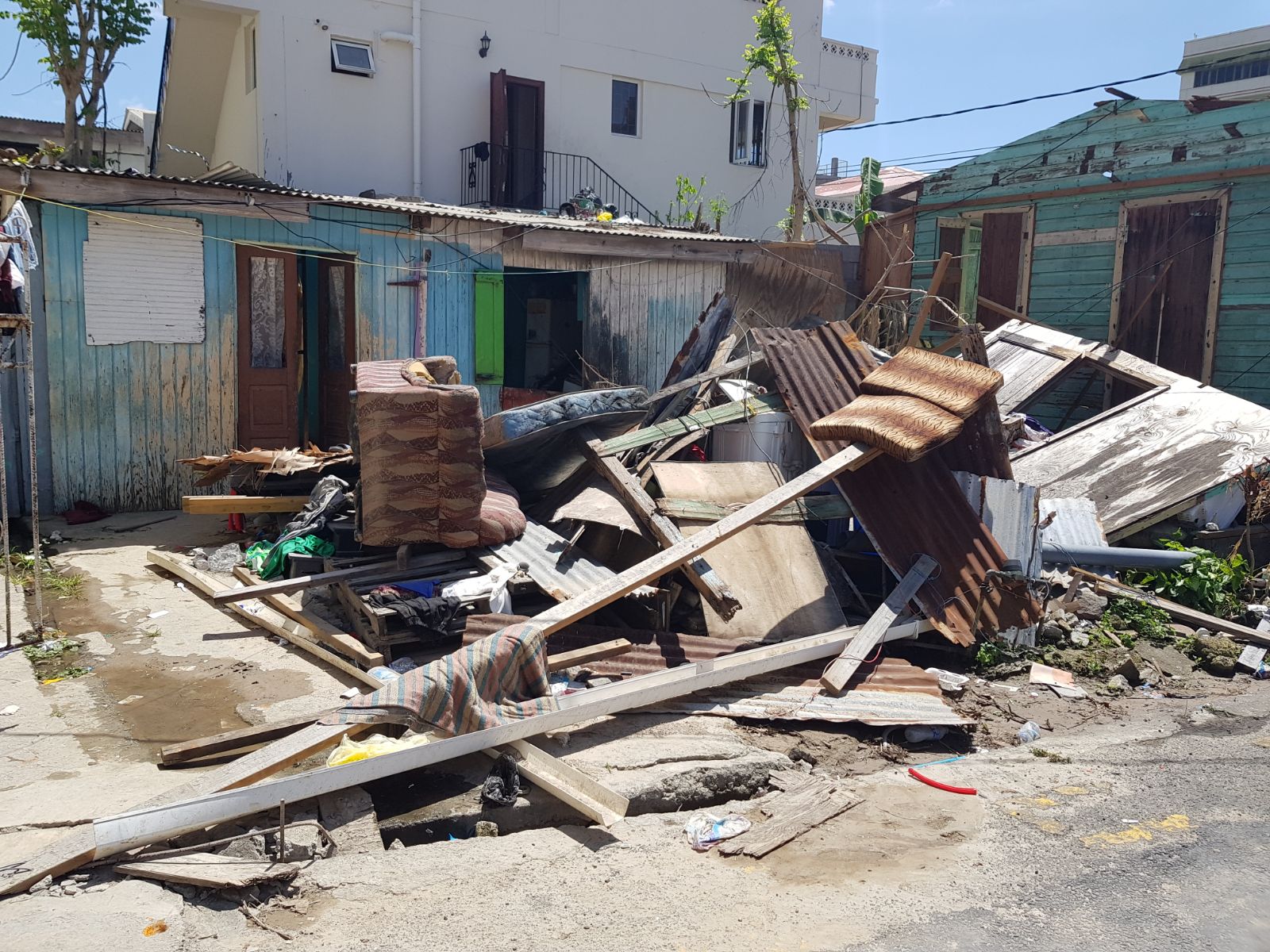The UK government is to set up a private sector Task Force to help long-term reconstruction in countries and territories hit by last month’s Caribbean hurricanes, International Development Secretary Priti Patel announced.
It will mobilise private sector support to rebuild critical infrastructure such as roads and power supplies essential to get economies up and running again, and better withstand future natural disasters.
The team of top business leaders, either CEOs or Chairs with experience in the Caribbean, will sit on the Task Force.
Patel announced the Task Force at a meeting to discuss the response to the hurricanes and how to enhance global crisis preparedness and response, hosted by the World Bank in Washington D.C.
The Task Force will look at ways in which support from the private sector, both financial and technical, in industries such as construction, insurance, banking and tourism, can be used to help reconstruction on the three UK Overseas Territories worst hit by last month’s Hurricane Irma: British Virgin Islands, Anguilla and Turks and Caicos.
Patel will convene a meeting in London in November to discuss how best to maximise the contribution of the private sector.
The UK government has already committed over £62 million towards the immediate relief effort, and has delivered or procured nearly 180 tonnes of aid for the region.
It also established a UK Joint Task Force, led by DFID’s Chris Austin, in the immediate aftermath of the hurricanes to deal with the humanitarian crisis on the ground and the initial relief effort as well as to carry out assessments to identify both short and longer term needs.
The focus of the private sector Task Force announced today will specifically be the long-term reconstruction on the affected islands.
“No small island can reasonably be expected to recover and rebuild from a catastrophic disaster that undermines their entire economy without international support,” Patel said.
“They need businesses to step up. The private sector is key to reviving the region’s economies and must play a central role in the reconstruction of these islands, helping them to build back better.”
Patel, who visited British Virgin Islands and Anguilla last month, said the longer-term reconstruction involves “working with the affected islands to build back better and more resilient hospitals, schools and other public services like water and power on which people survive.”
“We need to reduce the future potential impact on public services and livelihoods of any future disasters. Investing in preparedness makes good financial sense: each pound saves two pounds of aid.”
Patel confirmed that the UK-led Centre for Global Disaster Protection in London will offer all the hurricane-hit countries and territories support and advice on disaster risk financing and insurance to ensure they are better prepared to cope with any future hurricanes. The Centre will also offer advice on building more resilient infrastructure.
DFID will work with experts to ensure new buildings and systems are more resilient, efficient and use more renewable energy options.
This will include more than 12 major climate resilient infrastructure projects, at least 50 strengthened health facilities, and geothermal energy development where the potential exists.
These projects were already planned before the hurricanes and will now be able to quickly mobilise to build resilience. They include £25 million set aside for Dominica and £14 million for Antigua and Barbuda.
Patel’s words on building back better come amid wider calls from her for reform of the international system.
“The international system needs to explore new ways to prevent, prepare for and respond to crises in the future,” she said.
The UK is also today publishing its Humanitarian Reform Policy, which reaffirms its leadership in responding to global emergencies and reforming the international humanitarian system.




